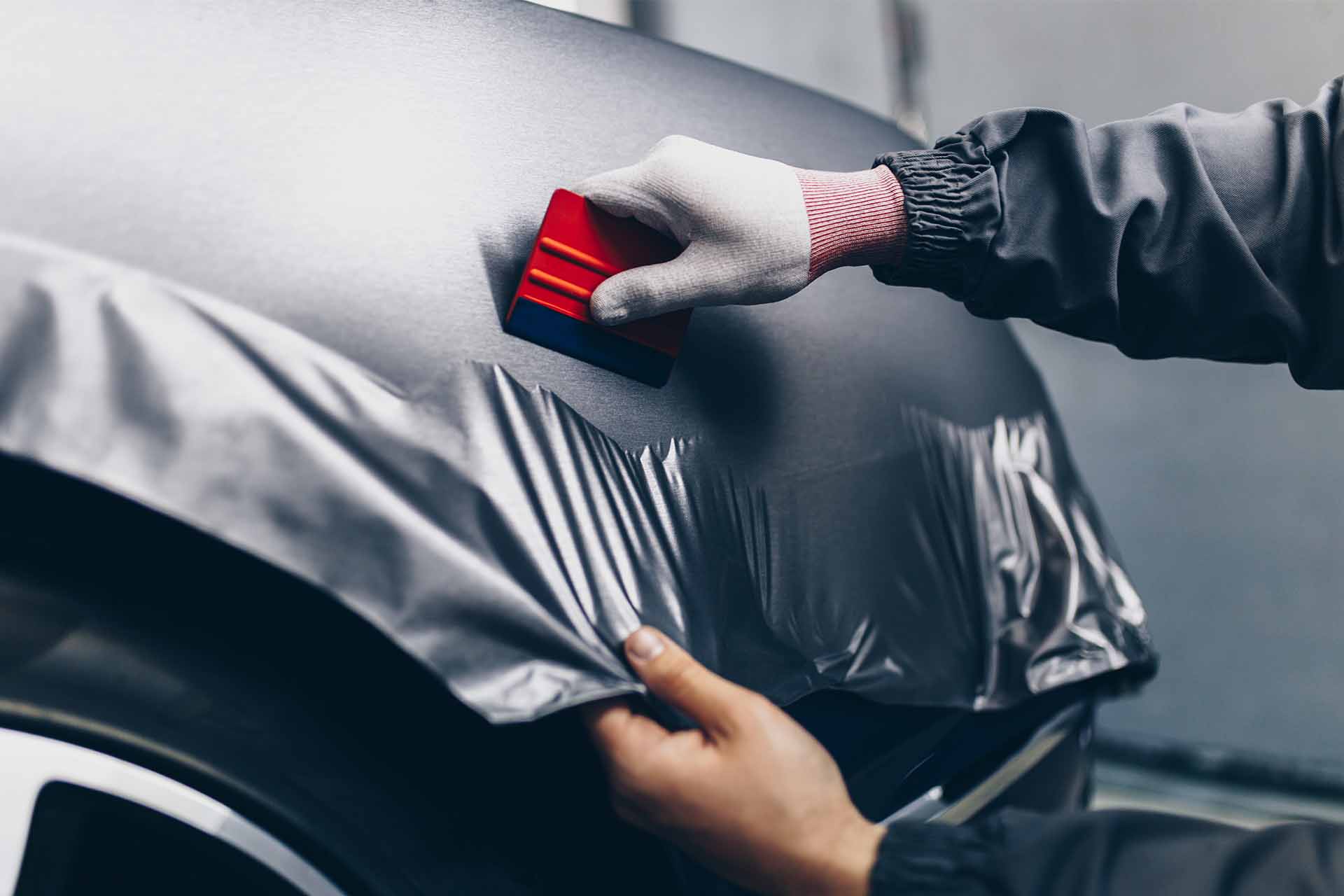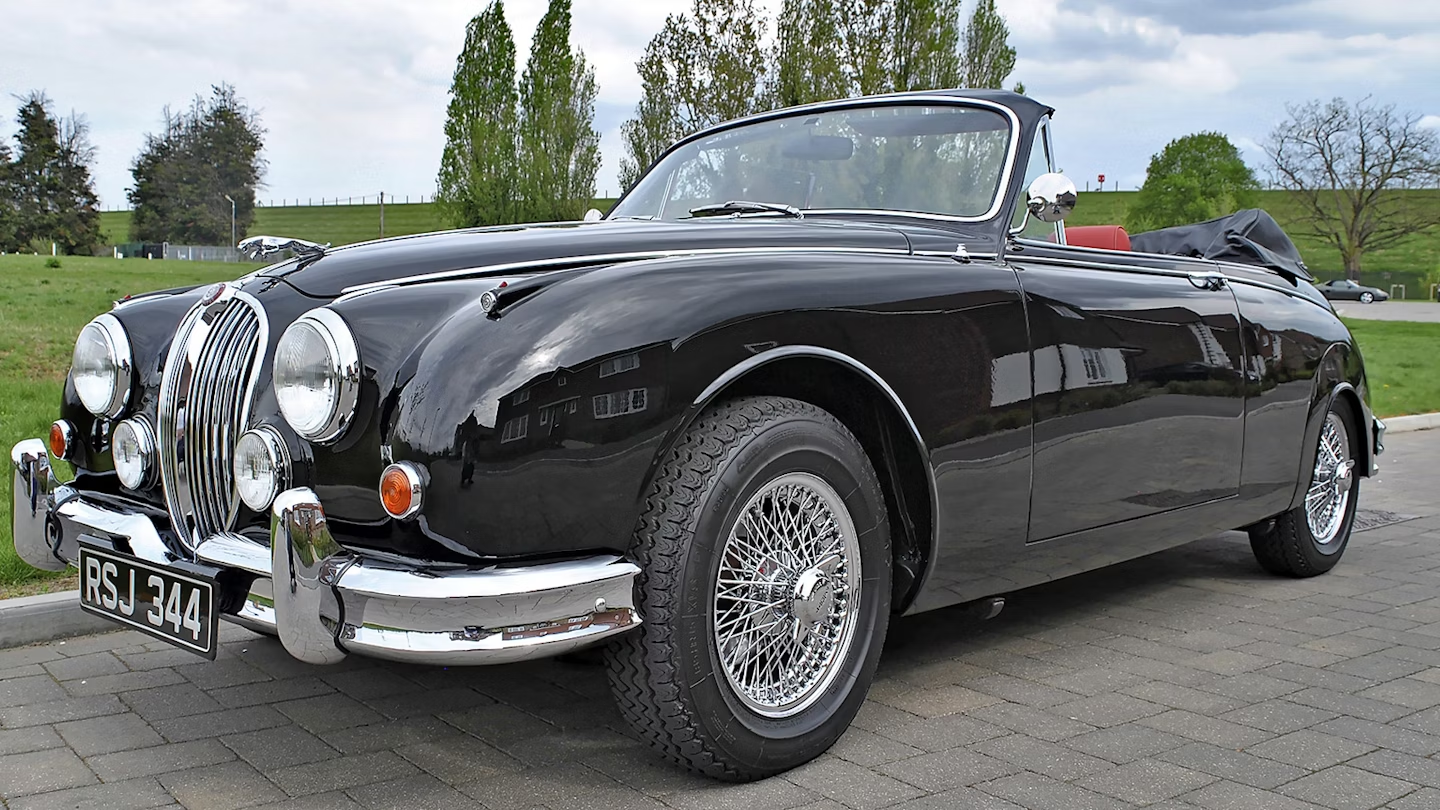Car wrapping has become a popular choice for vehicle customization, offering a way to change the appearance of a car without a permanent paint job. Whether you want to update your vehicle’s look, protect its original paint, or advertise your business, a car wrap can be a versatile and effective solution. However, the cost of wrapping a car can vary widely based on several factors. This article will provide a detailed overview of How Much to Wrap a Car, breaking down the key factors that influence pricing and offering insights to help you make an informed decision.
Understanding Car Wrapping
- What is a Car Wrap?
- Definition: A car wrap is a large vinyl decal or graphic applied to a vehicle’s exterior. It can be used for aesthetic purposes, such as changing the car’s color or adding custom designs, or functional purposes, such as advertising.
- Types of Wraps: There are several types of car wraps, including full wraps (covering the entire vehicle), partial wraps (covering only specific areas), and specialty wraps (such as matte, gloss, or textured finishes).
- Benefits of Car Wrapping:
- Cost-Effective Customization: Wrapping is generally less expensive than a custom paint job and can be easily removed or changed.
- Protection: Wraps can protect the original paint from UV rays, scratches, and minor abrasions.
- Advertising: Vehicle wraps are an effective way to promote businesses through mobile advertising.
Factors Influencing Car Wrap Costs
- Type of Wrap:
- Full Wraps: Cover the entire surface of the vehicle, including the hood, roof, and sides. Full wraps are more expensive due to the amount of material and labor required.
- Partial Wraps: Cover only specific parts of the vehicle, such as the doors, hood, or rear. Partial wraps are more affordable and can be a good option for adding branding or accents.
- Specialty Wraps: Include unique finishes such as matte, gloss, metallic, or textured surfaces. Specialty wraps often cost more due to the higher price of materials and the complexity of the installation.
- Vehicle Size and Type:
- Small Vehicles: Compact cars and sedans typically cost less to wrap due to their smaller surface area.
- Medium Vehicles: SUVs and trucks have larger surface areas and may require more material and labor, increasing the cost.
- Large Vehicles: Vans, buses, and other large vehicles require more material and time to wrap, resulting in higher costs.
- Quality of Vinyl:
- Standard Vinyl: Basic vinyl wraps are generally less expensive but may not offer the same durability or finish as higher-quality options.
- Premium Vinyl: High-quality vinyl wraps offer better durability, color retention, and a more refined finish. They are often more expensive but can provide a longer-lasting and more visually appealing result.
- Design Complexity:
- Simple Designs: Basic color changes or minimalistic designs are less expensive to produce and apply.
- Complex Designs: Custom graphics, intricate patterns, or multi-colored wraps require more time and expertise, increasing the overall cost.
- Labor Costs:
- Installation Time: The time required to install a wrap depends on the size and complexity of the job. More complex wraps or larger vehicles will take longer, resulting in higher labor costs.
- Experience and Skill: Professional installers with more experience and skill may charge higher rates, but they often deliver better results and fewer issues.
- Additional Costs:
- Preparation: The vehicle’s surface may need to be cleaned, repaired, or prepped before applying the wrap. This preparation can add to the overall cost.
- Removal: If you decide to remove the wrap in the future, there may be additional costs associated with the removal process.
Estimated Costs of Car Wrapping
- Full Wrap Costs:
- Small Vehicles: The cost of a full wrap for a small vehicle, such as a compact car, typically ranges from $2,000 to $3,500. This price includes the vinyl material and installation labor.
- Medium Vehicles: For SUVs and trucks, the cost of a full wrap usually ranges from $3,000 to $5,000. The larger surface area and additional complexity contribute to the higher price.
- Large Vehicles: Full wraps for large vehicles, such as vans or buses, can cost between $5,000 and $10,000 or more. The extensive surface area and additional labor required increase the cost.
- Partial Wrap Costs:
- Basic Partial Wraps: Costs for basic partial wraps, such as covering the hood or doors, typically range from $500 to $1,500. The price depends on the size of the area being covered and the complexity of the design.
- Custom Partial Wraps: More elaborate partial wraps with custom graphics or multiple areas covered can cost between $1,500 and $3,000.
- Specialty Wrap Costs:
- Matte or Gloss Finishes: Specialty wraps with matte or gloss finishes generally cost an additional $500 to $1,000 compared to standard vinyl wraps.
- Metallic or Textured Finishes: Metallic or textured wraps can cost between $1,000 and $2,000 more due to the higher price of materials and installation complexity.
Comparing Car Wrap Costs
- DIY vs. Professional Installation:
- DIY Installation: Some individuals choose to wrap their vehicles themselves to save on labor costs. However, DIY wraps can be challenging and may result in a less professional finish. Costs for DIY materials typically range from $500 to $1,500, depending on the quality of vinyl and the size of the vehicle.
- Professional Installation: Professional installers ensure a high-quality finish and proper application. The additional cost for professional installation is often worth it for a flawless result and increased durability.
- Regional Variations:
- Cost Differences: Car wrap costs can vary by region, with higher prices in metropolitan areas due to higher labor costs and overhead expenses. It’s advisable to obtain quotes from multiple installers to get an accurate estimate for your location.
- Package Deals and Discounts:
- Promotions: Some wrap shops offer package deals or discounts, particularly for full wraps or multiple vehicles. Be sure to inquire about any available promotions to potentially save on costs.
The Process of Wrapping a Car
- Consultation and Design:
- Initial Consultation: The process typically begins with a consultation to discuss your preferences, budget, and design ideas. Installers may provide recommendations and show samples of different vinyl options.
- Design Creation: If you choose a custom design, a graphic designer may create a digital mockup of the wrap to ensure it meets your expectations.
- Preparation:
- Vehicle Cleaning: The vehicle’s surface must be thoroughly cleaned to remove any dirt, grease, or contaminants that could affect the adhesion of the wrap.
- Surface Repair: Any scratches, dents, or imperfections on the vehicle’s surface may need to be repaired before applying the wrap.
- Installation:
- Vinyl Application: The vinyl is carefully applied to the vehicle’s surface, starting with larger panels and working towards smaller areas. Heat is often used to stretch and conform the vinyl to the contours of the vehicle.
- Trimming and Finishing: Excess vinyl is trimmed away, and the edges are sealed to ensure a smooth, seamless appearance.
- Post-Installation Care:
- Curing Time: The wrap may need time to cure and adhere fully to the vehicle’s surface. Avoid washing or exposing the vehicle to harsh conditions during this period.
- Maintenance: Regular cleaning with mild soap and water is recommended to keep the wrap looking its best. Avoid abrasive cleaners or brushes that could damage the vinyl.
Conclusion
Wrapping a car offers a versatile and cost-effective way to customize your vehicle, protect its paint, or promote your business. The cost of wrapping a car can vary significantly based on factors such as the type of wrap, vehicle size, quality of vinyl, design complexity, and labor costs. By understanding these factors and obtaining multiple quotes, you can make an informed decision and choose the best option for your needs and budget.
Whether you opt for a full wrap, partial wrap, or specialty finish, investing in a high-quality car wrap can enhance your vehicle’s appearance and provide long-lasting results. With proper care and maintenance, a well-installed wrap can offer years of visual appeal and protection, making it a valuable investment for vehicle owners and businesses alike.



